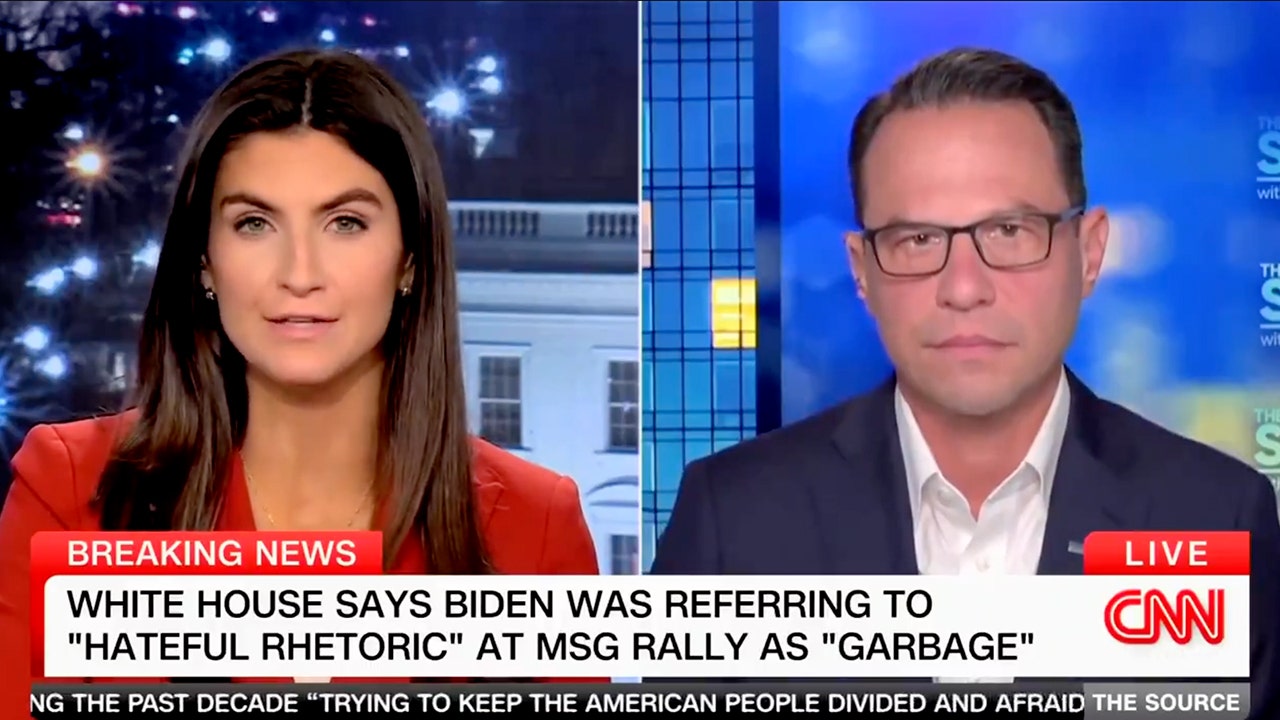Raising the minimum wage is up for a vote in this election year.
Not only has Democratic presidential nominee Kamala Harris said she wants to increase the federal minimum wage to at least $15 an hour, but also three other states have put measures on their ballots to raise their state minimum wages to $15 or more.
While the proposals would financially boost Americans who make the least among us and who are disproportionately female workers, $15 is no longer enough to meet a person's basic needs, even in the most affordable places in the U.S.
"The cost of living has continued to rise," Dr. Amy Glasmeier, a professor of economic geography and regional planning at MIT, told me earlier this year. Glasmeier developed the Living Wage Calculator, which shows how much a worker needs to make to cover basic living costs based on their family status.
"The living wage today is much closer to the $21 to $23 level than $15," Glasmeier said.
In August, the Harris-Walz campaign vowed to increase the federal minimum wage when it proposed to exclude tips from federal income taxes. Last week, the vice president reiterated that stance and said she supports a hike to "at least $15 an hour," in an interview with NBC, noting that the measure would have to go through Congress.
Former president Donald Trump, the Republican presidential candidate, has not weighed in on whether the federal minimum wage should be raised.
The federal minimum wage is $7.25 per hour. It has not been lifted since 2009, or for 15 years, the longest stretch without increases. Full-time workers making the federal minimum earn just $15,000 a year, “which is essentially poverty wages,” Harris said last week at a campaign stop.
"On average, [the minimum wage] still only covers 54% of the cost of living for a family of four with two adults," Glasmeier told me.
President Joe Biden attempted to increase the wage to $15 per hour when he came into office. The proposal was part of his massive pandemic relief bill, the American Rescue Plan, but the provision didn't make it to the final bill passed by Congress.
Instead, Biden enacted a $15 minimum wage for federal workers and contractors through executive order, saying the effort represented "a down payment" on his campaign pledge, one that Harris has picked up.
States have had far more success raising their minimum wages.
Thirty states and the District of Columbia have a minimum wage higher than the federal minimum wage, according to the Economic Policy Institute. In the remaining states, the federal minimum wage applies.
.png)
 German (DE)
German (DE)  English (US)
English (US)  Spanish (ES)
Spanish (ES)  French (FR)
French (FR)  Hindi (IN)
Hindi (IN)  Italian (IT)
Italian (IT)  Russian (RU)
Russian (RU) 







Comments